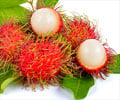Researchers led by Deborah Kimbrell from the University of California, Davis have shed new light on how microorganisms alter fruit flies' immunity in space.
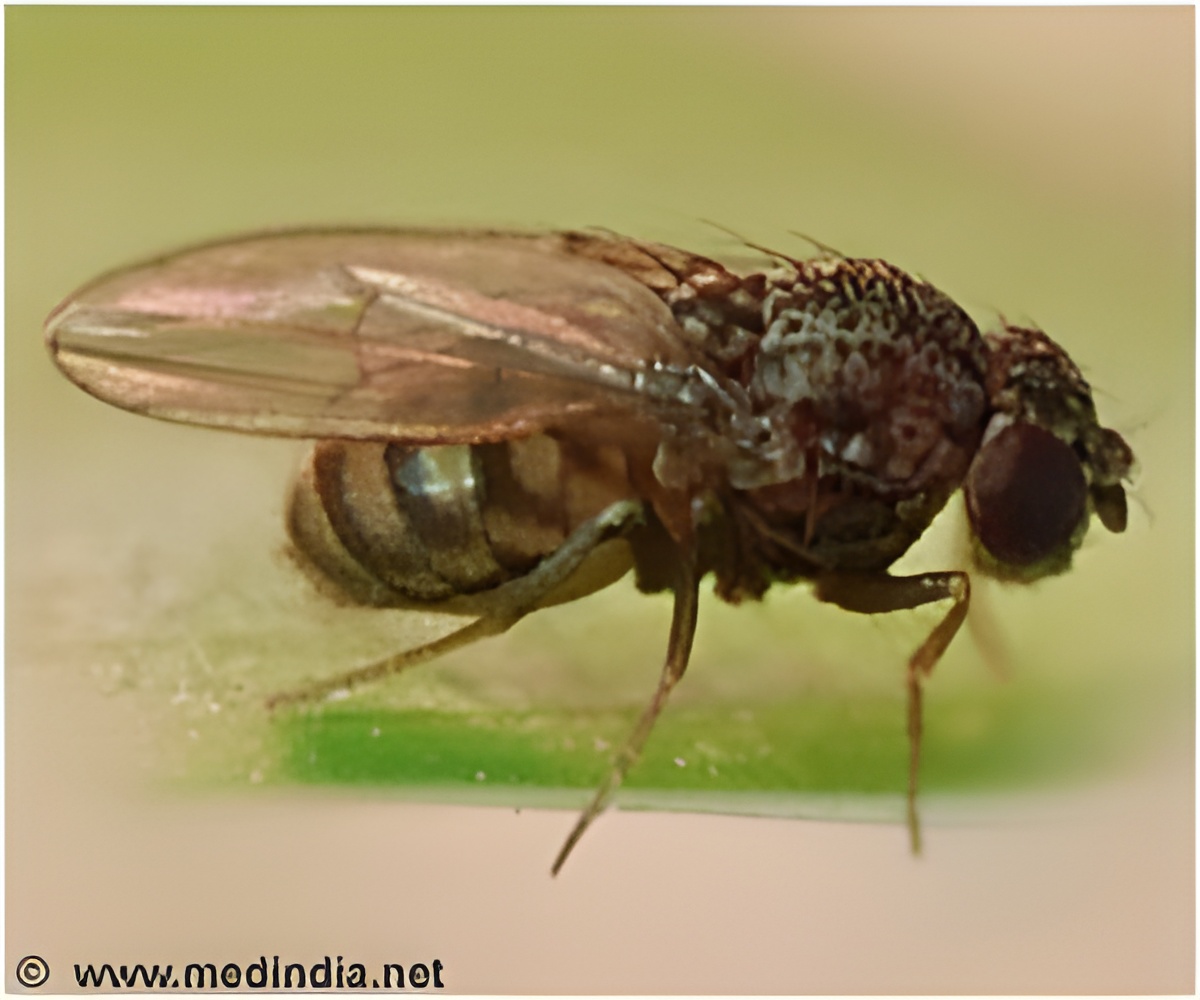
Knowledge that spaceflight weakens the human immune system obtained from years of research in microgravity has led scientists to use model organisms similar to humans to test out various scenarios of disease or weakened immunity in spaceflight. Model organisms, such as plants, fruit flies or microbes like yeast, advance our understanding of the influence of microgravity on cells. Taking these organisms to space allows for examination of growth and development and physiological, psychological and aging processes without the impact of gravity.
"What we don't realize in our everyday lives is that every biological, chemical and physical process that takes place in our terrestrial environment of Earth happens under the influence of gravitational forces," explained Camille Alleyne, Ed.D., space station assistant program scientist at NASA's Johnson Space Center in Houston. "Conducting scientific investigations on the space station, such as that on the fruit flies, allows us to remove that gravitational element from the equation, and advances our knowledge about these same processes that lead to amazing breakthroughs and discoveries."
Drosophila melanogaster - the common fruit fly - was used in this study, due to its similar human immune function qualities, sharing characteristics of cellular and humoral, or extracellular fluids, immunity and signaling pathways. The fruit fly makes such a great model, in fact, that NASA developed a new Fruit Fly Lab in 2014 to accommodate continued study of Drosophila. This facility will support longer duration studies involving multiple generations of fruit flies.
Source-Eurekalert
 MEDINDIA
MEDINDIA
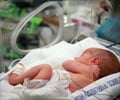
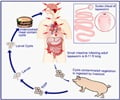
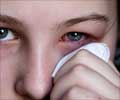
 Email
Email




